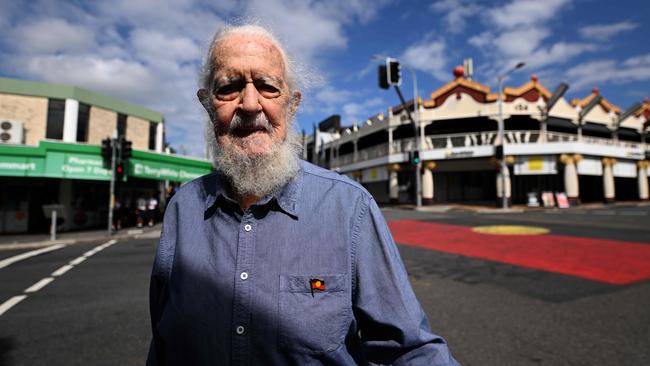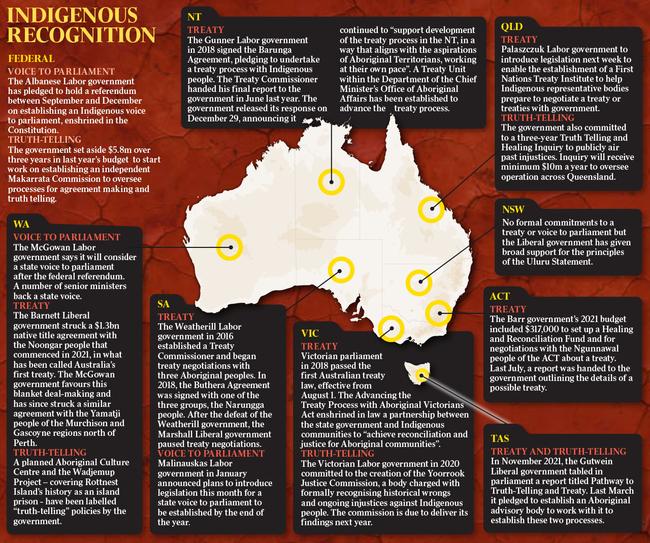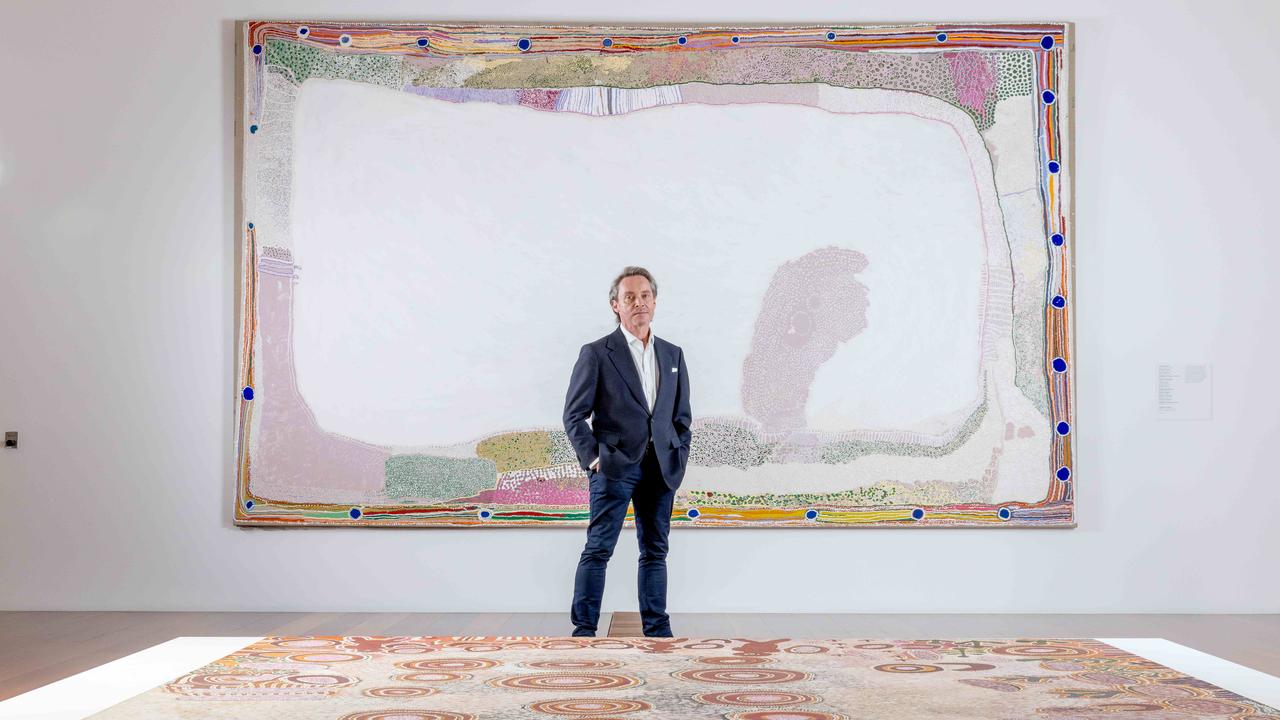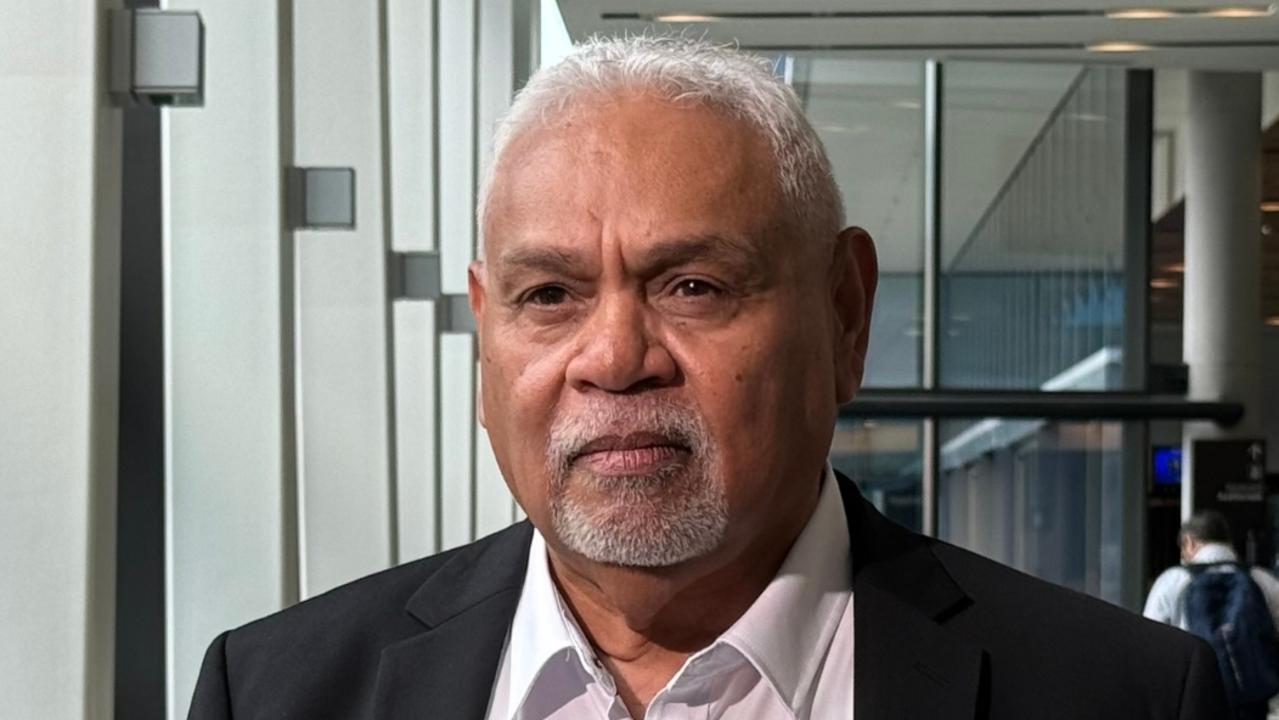Queensland treaty laws ‘to set standard for nation’
Queensland legislation to cut a path to treaty with Indigenous people is being intended to ‘set the standard’ across Australia.

Queensland legislation to cut a path to treaty with Indigenous people is being touted as going further than any other proposed model and is intended to “set the standard” across Australia.
Premier Annastacia Palaszczuk on Wednesday began a push to sell the legislation, which she will introduce to parliament next week and which will involve a three-year truth-telling inquiry that will crisscross the state.
Queensland’s model could lead to multiple treaties with individual Indigenous groups across Queensland, including the Torres Strait, and prompt changes to school curriculums and involve major health and justice reforms and making repatriations.
It is one of several jurisdictions – including Victoria and the Northern Territory – to pursue a treaty in parallel to the national debate over constitutional recognition for Aboriginal and Torres Strait Islander people and the proposed voice to parliament.
Mick Gooda, co-chair of the Interim Treaty Body and a former royal commissioner, said Queensland’s laws would set a benchmark for treaties in Australia and the process had no specific deadline.
“I think we will truly set a standard for this legislation going forward for everyone in Australia, for every government that aspires to a treaty,” he said. “In Queensland we pride ourselves on being different, we don’t follow the script and the marked difference in this process was the engagement of all Queenslanders, both Indigenous and non-Indigenous.”
Details of the legislation are being tightly held until the draft bill is tabled in state parliament next week, with key stakeholders required to sign non-disclosure agreements.
A five-member truth telling and healing inquiry will be established as part of the legislation with the powers of a royal commission, but will be “customised to have a culturally appropriate, non-adversarial approach”.
A First Nations treaty institute will guide negotiations although its powers, functions and composition are yet to be determined.
Mr Gooda said the legislation would prohibit the treaty institute from negotiating with the government, and require individual communities to lead discussions.
“Everything we do is about community and I have been around Aboriginal politics for a long time, I have seen peak bodies take over,” he said. “We have to empower communities to take control … We don’t know what they are going to put in their treaties, that will emerge over time.
“We just need to take time, and take people with us.”

Bob Anderson, the original native title claimant to Mulgumpin (Moreton Island), said treaties were about “recognising the past and moving on together as a society”. As an Aboriginal boy in Brisbane, the Ngugi elder lived in fear of being caught inside the “boundary” where Indigenous people were banned at night and on Sundays. “My mother used to say to me to always be home by dark – if you get caught inside the boundaries, you could be taken by the authorities,” he said.
“People find it hard to believe that such a thing could happen, but it was the reality. (Treaty) is very important to me personally, because of the racism that my family and I were exposed to.”
Uncle Bob is also a strong supporter of the voice, and was “confident” that the referendum would pass. “In my experience, if you explain to people thoroughly, they can understand.”
Ms Palaszczuk, who addressed a lunch of Indigenous leaders and business community representatives on Wednesday said truth-telling and treaty would be confronting for many “but each generation is called to face its challenge and its opportunity”.
“I believe this is ours,” she said. “We have the chance to finish unfinished business, to put wrongs right, to finally come together as one, united state, with mutual respect and absolute dignity for our diverse cultures and identities.”
Ms Palaszczuk said the idea of a treaty with First Nations had been pushed numerous times in Australia’s history, but ignored.
“Treaties … provide people of nations, like New Zealand, a shared sense of identity and pride that we should have too. But all efforts to establish one in this country have died in a desert of ignorance and indifference.”



